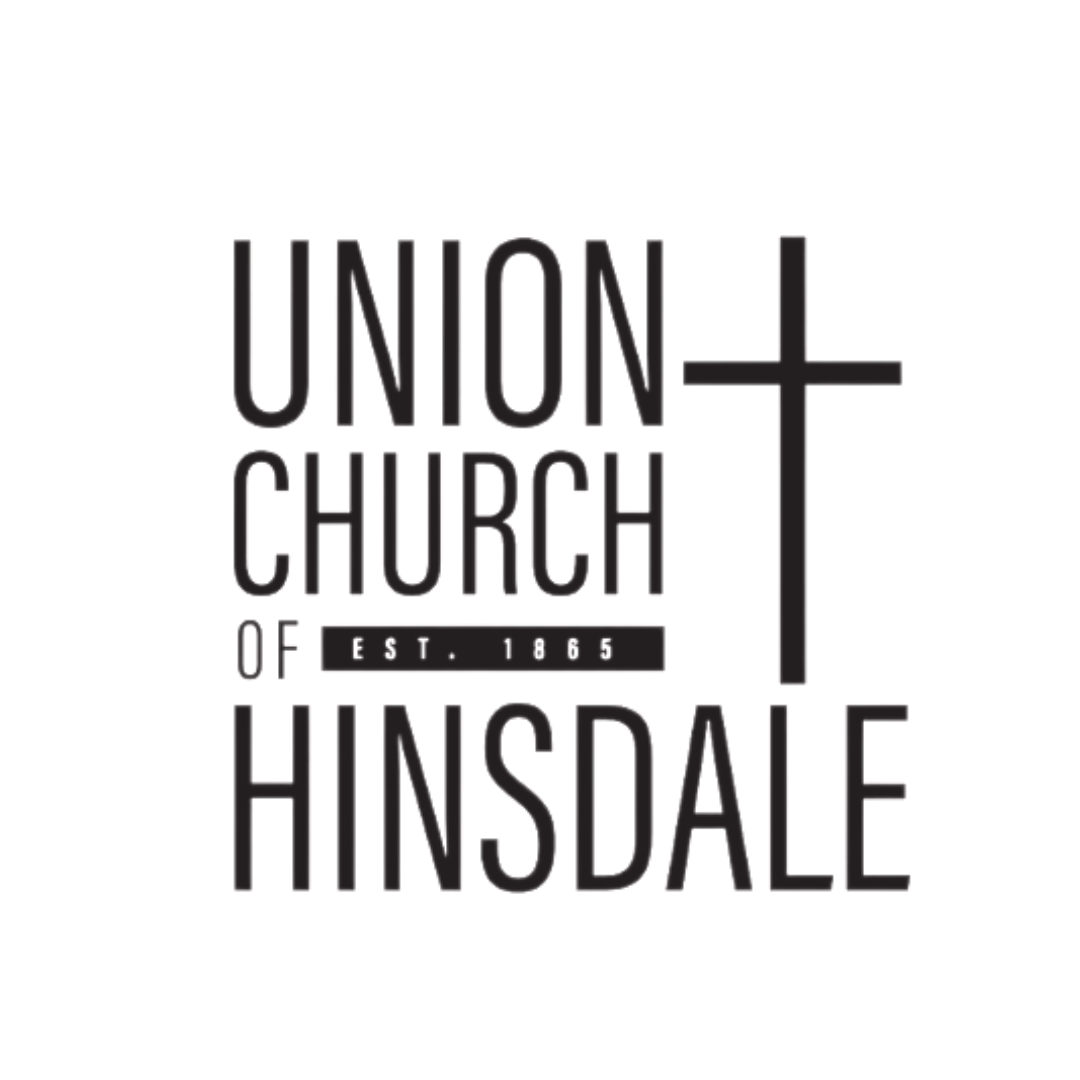A rabbi, a pastor, and an imam…
A rabbi, a pastor, and an imam walk into a bar, and the bartender says, “What is this, a joke?”
On April 20, I attended the annual interfaith iftar at the MECCA Center in Willowbrook. Along with Rabbi Jessie Wainer (Congregation Etz Chaim in Lombard) and Imam Hassan Aly (MECCA Center), I gave a short talk and participated in a Q and A session. So, it wasn’t actually a bar, and it wasn’t a joke – although it was a really delightful gathering.
“Iftar” is what Muslims call the meal they eat at the end of each day of fasting during the holy month of Ramadan. Many Muslim communities across the world have a community celebration for at least one of the iftars during Ramadan, inviting their neighbors of all faiths to join them. There were maybe 200 in attendance, including at least Muslims, Jews, Buddhists, and Christians, and the food was great.
During the Q and A session, one person asked me what role fasting plays in Christianity. I immediately thought to myself, “Not much!” And then all the Biblical material that criticizes fasting came to mind. In Isaiah 58 (link) the people ask God why God does not see their fasting and reward them for it. God responds, “Is this not the fast that I chose: to loose the shackles of injustice, to undo the straps of the yoke, to let the oppressed go free?” In Matthew 6 (link), Jesus also criticizes those who intentionally look “dismal” when they fast, “disfiguring their faces so as to show others that they are fasting. Truly I tell you, they have received their reward.”
It is easy for me to think of all the problems with fasting, and indeed I have never seen it as an important spiritual practice. But around the dinner table at the iftar, someone explained that the fasting of Ramadan was vitally important because it created a deep sense of gratitude and compassion in him. He said it created compassion because, when you voluntarily go 13 ½ hours without eating, it was impossible not to have compassion for the millions of hungry and malnourished people who involuntarily go without eating every day. And it provoked gratitude because at the end of each day of fasting, that iftar meal becomes extra special – a gift that helps you see all things as gifts of God, and thus gifts to be shared. It is no coincidence that “zakat,” almsgiving, is also an expectation of Ramadan.
Neither fasting, nor really any other religious requirement or communal spiritual practice, is very important in our branch of Christianity. We are not really into outward actions we think of as rules and commandments, beyond “Love the Lord your God with all your heart soul and mind, and love your neighbor as yourself.” But, honestly, that’s a little vague, right? The history and present-day reality of Christianity show that we can claim to be honoring these two greatest commandments even when killing our enemies or failing to act when children in Angola are dying from hunger. But, of course, even clear commandments, like the fasting of Ramadan, don’t keep those terrible things from happening. We humans, Christian, Muslim, Jew, or anything else, are ingenious in finding ways to make God’s will reflect our own.
What is the way beyond this? Beyond our ability to turn both commandments, and the lack thereof, to the benefit of our own will? In our tradition, I would say that the answer is “covenant.” Unlike rules or commandments, which are basically externally imposed on us from above, a covenant is an agreement willingly entered into based on a relationship of trust. A covenant preserves the freedom, the human autonomy, that we so value (and that makes us uncomfortable with religious commandments), and yet also provides accountability. If I formally covenant with someone to do something, then my relationship of trust with them is what binds me to really doing it. And that relationship also allows them to hold me accountable for upholding the covenant, and me them.
Marriage is a covenant. And so is church membership** (see below). I believe we Christians would do well to enter into some new specific covenants with each other. Fasting? Praying? Almsgiving?
What about meatless Mondays? Yes, it’s a vegetarian thing (link). Anybody willing to join me in an intentional covenant to practice meatless Mondays (email me (link))? Maybe it’s a baby step toward creating a deeper sense of gratitude and compassion, and learning again the power of covenants.
Peace,
Mike
** The Union Church Membership Covenant, used since the 1930s, is…
Believing in Jesus Christ as our Redeemer and Lord,
trusting in His revelation of the loving Heavenly Father,
and acknowledging our dependence upon the Holy Spirit,
we covenant with each other
• to worship and work together as loyal disciples of Jesus,
• to live among all people a life of righteousness and love,
• and to do all within our power to promote the reign of God’s will in all human relations.


